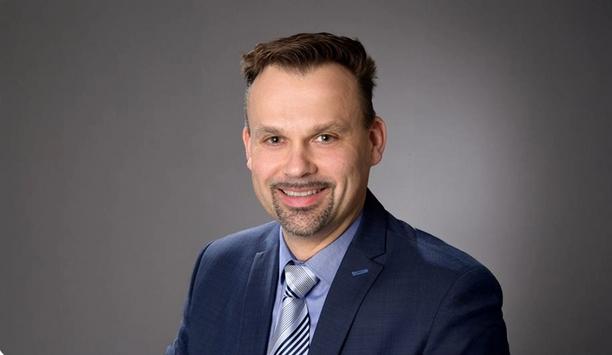Local Indigenous communities in Fort Chipewyan long had a vision of transitioning into a cleaner, self-sustaining community concerning their energy generation. In October 2020, this vision will become a reality, when the second and final phase of the Fort Chip Off-grid Solar Project is completed.
This exciting and inspiring project is the culmination of three years of hard work and will see the remote Northern Albertan community become the home of the largest off-grid solar and storage microgrid project in Canada. ATCO is proud to play a key role in bringing this vision to life.
3NE & Atco: Charting The Path To A Sustainable Future
In January 2020, construction began on Phase 2 of the solar project, following the delivery of infrastructure materials such as solar panels and a massive battery storage system, via regional ice roads that wind through the Boreal forest, over frozen rivers, and across the Peace-Athabasca Delta, accessible for a brief window of time each year.
3NE partnered with ATCO to develop plans for a cleaner energy solution that reduced diesel consumption
In search of a more sustainable energy model to accommodate the community’s growth and evolving energy needs, 3NE partnered with ATCO to develop plans for a cleaner energy solution that reduced diesel consumption and greenhouse gas emissions.
Phase one of the project marked the first stage of a fundamental transition from the community’s reliance on diesel and was successfully energized in the late summer of 2019.
Project phase two
Phase two of the project includes:
- 2,200 kW solar farm, for which ATCO is the prime engineering, procurement, and construction (EPC) contactor; owned by 3NE (Athabasca Chipewyan First Nation, Mikisew Cree First Nation, and Fort Chipewyan Métis Local 125).
- 1,600 kWh Battery Energy Storage System to store excess energy and provide grid reliability; owned and operated by ATCO.
- Microgrid control system; owned and operated by ATCO.
When fully operational, the project will meet 25% of Fort Chip’s electricity needs, displacing an estimated 800,000 liters of diesel annually (a 25% reduction), minimizing emissions by 2,145 tonnes a year, and reducing the safety risks associated with transporting diesel to the region.
Sunny skies ahead
While the project’s environmental benefits are impressive, of equal importance are the positive socio-economic impacts felt amongst the neighboring Indigenous communities of Fort Chipewyan.
The project enables long-term community ownership and self-sustaining economic development, driven by job creation, investment in owned infrastructure, and revenue from the sale of clean, renewable energy.
energy transition
ATCO will be involved at every stage of the project’s lifecycle through design, engineering, construction
Part of ATCO’s ongoing mission is to be at the forefront of opportunities that lead the way in energy transition and provide customers with sustainable, reliable energy alternatives.
Upon completion, ATCO will have been involved at every stage of the project’s lifecycle from the early days of conception and stakeholder consultation, through to design, engineering, construction, operations, and maintenance.
new energy models
Collaboration has also been a key factor in advancing the project; not just within the community, but with industry partners relying on it to bring their unique perspectives and complementary expertise. ATCO is thrilled to have teamed up with peers such as Clark Builders for civil and mechanical work and ABB for their Battery Energy Storage System.
Looking to the future, ATCO is eager to apply similar models to the Fort Chipewyan Off-Grid Solar Project elsewhere, bringing new energy models to life for other remote communities.



